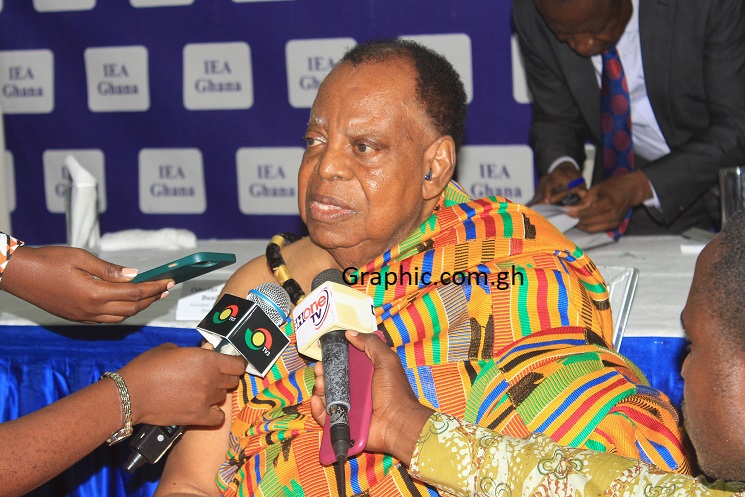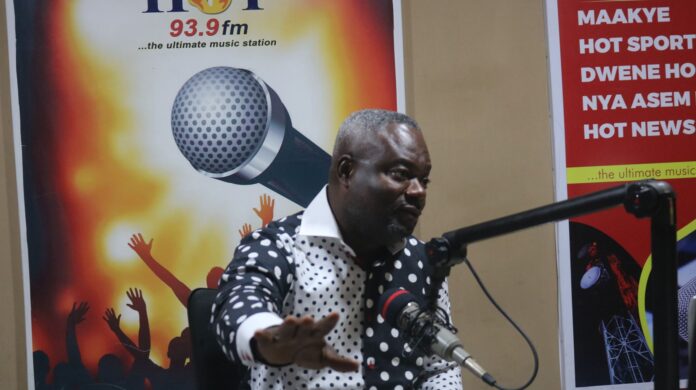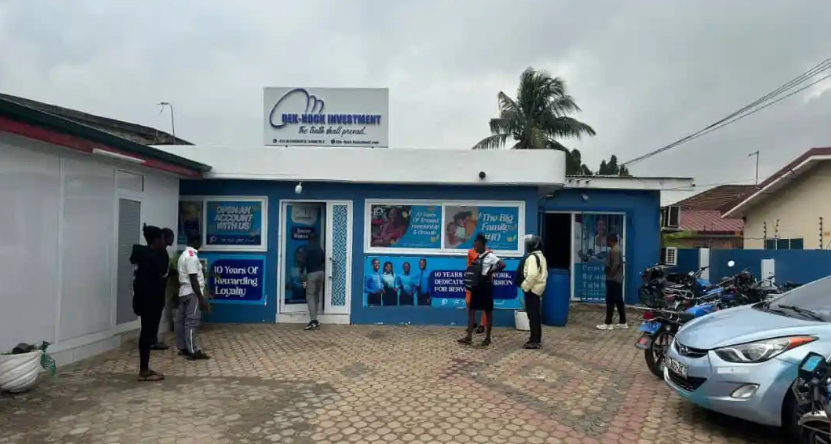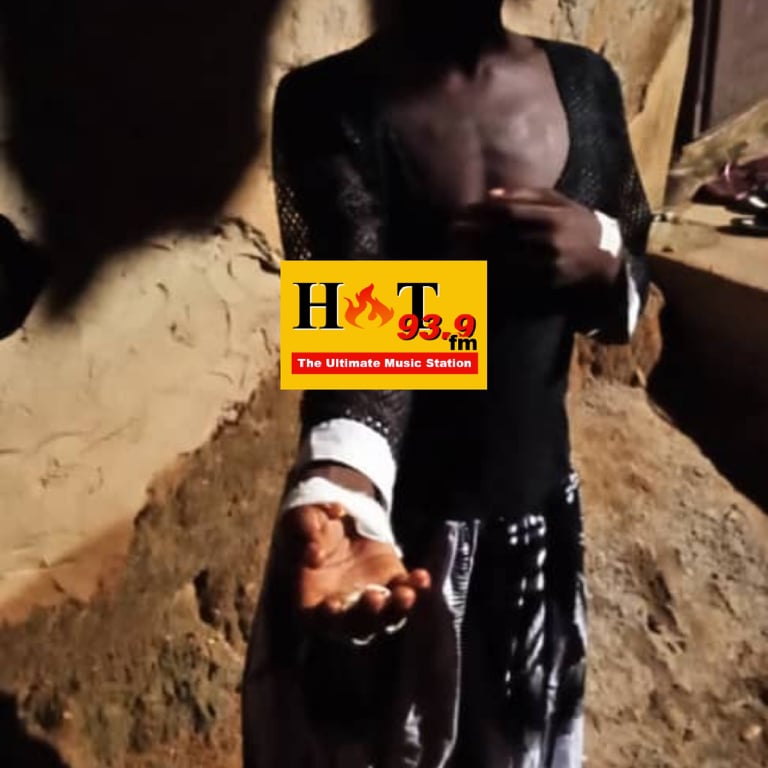The Paramount Chief of Asokore Asante, Nana Dr. S. K. B. Asante, has stated that a review of the 1992 Constitution requires a careful study of antecedents and merits underlining its provisions, including how it has endured for 30 years without any constitutional crisis.
Nana Dr. Asante, who is a distinguished scholar, constitutional lawyer, and expert in negotiation and arbitration, stressed that such an exercise called for meaningful reform proposals.
“Proposals of the committee of experts must be considered before you actually come to the text of the constitution and that is exactly what the Supreme Court does. When it’s faced with an interpretation of an issue in the Constitution, it goes to the background,” he explained.
He further observed that many ills of society such as corruption, a flawed economy, and indiscipline at all levels might not necessarily be the cause of the constitution.
The revered chief made these remarks when some eminent chiefs in the country took their turn at the Institute of Economic Affairs (IEA) constitutional review series in Accra yesterday to present their contributions to the ongoing discussion to meet the exigencies of the time.
The event was on the theme: “Reviewing Ghana’s 1992 Constitution: Viewpoints from the National House of Chiefs”.
In his opening remarks, Nana Dr. Asante, who is described as the father of the 1992 Constitution, stated unequivocally that the reviews must also make room for “how we have gained an international reputation as an oasis of democratic and constitutional stability and how this has even brought economic benefits to us”.
“I’ve often seen people pontificating as to what the constitution should say without previous knowledge of the battle. Secondly, the concept of constitutional review means a lot more than just criticizing it,” he noted.
He observed that very few people had devoted time to how the constitution had contributed to consolidating the country’s democracy, saying “The concept of constitutional review means a lot more than just criticizing it.”
Touching on the calls for review of the constitution to limit the excessive powers of the President, for instance, Nana Dr. Asante said, “If you go to the history of these presidential powers, many of them were actually lifted from the 1979 Constitution. But in any case, in my submission, it’s not enough to criticize but list all the constitutions and their respective presidential powers’ provisions one by one.”
He said it was also important to do what he described as a “realistic analysis” of how various heads of constitutional bodies, judges of the Supreme Court, Chief Justice, and District Chief Executives are appointed by the President under the constitution and to consider which of them should be retained by the President and which of them should be appointed by other bodies, apart from the President.
Commenting on a Supreme Court’s ruling on the participation of chiefs in politics, Nana Dr Asante said, it was not appropriate for chiefs to take part in active politics but they could play any meaningful role in the development of their respective communities and the nation as a whole.
National House of Chiefs
Making some proposals on behalf of the President of the National House of Chiefs, Nana Ogyeahohoo Yaw Gyebi II, Nana Dr. Asante further explained that the appointment of ministers from Parliament was undesirable because it diminished parliamentary oversight.
He said the constitution should be reviewed to ensure that the appointment of the heads of all constitutional bodies by the Electoral Commission and the Commission on Human Rights and Administrative Justice (CHRAJ) was vested not in the Presidency but in an independent authority.
The President of the National House of Chiefs also suggested that there should be a limit to the number of Supreme Court judges and also that the establishment of a second Chamber should be a form of check on the work of Parliament.
Other speakers at the event included the President, the Volta Regional House of Chiefs, Togbe Tepre Hodo IV; the President of the Eastern Regional House of Chiefs, Nene Sakite II; the President of the Central Regional House of Chiefs, Odeefuo Amoakwa Buadu VIII, and the acting President of the Osu Traditional Council, Nuumo Gbelenfio III.
The distinguished chiefs spoke on a variety of subjects, including separation of powers, excessive powers of the Presidency, Legislature, Executive, Council of State, chieftaincy, local governance, women and gender, management of natural resources, and corruption.
Among the dignitaries were the former Speaker of Parliament, Prof. Aaron Mike Oquaye; former Commissioner of the Commission on Human Rights and Administrative Justice, Francis Emile Short, and the Member of Parliament for Zebilla, Cletus Avoka.
Source: Graphic







